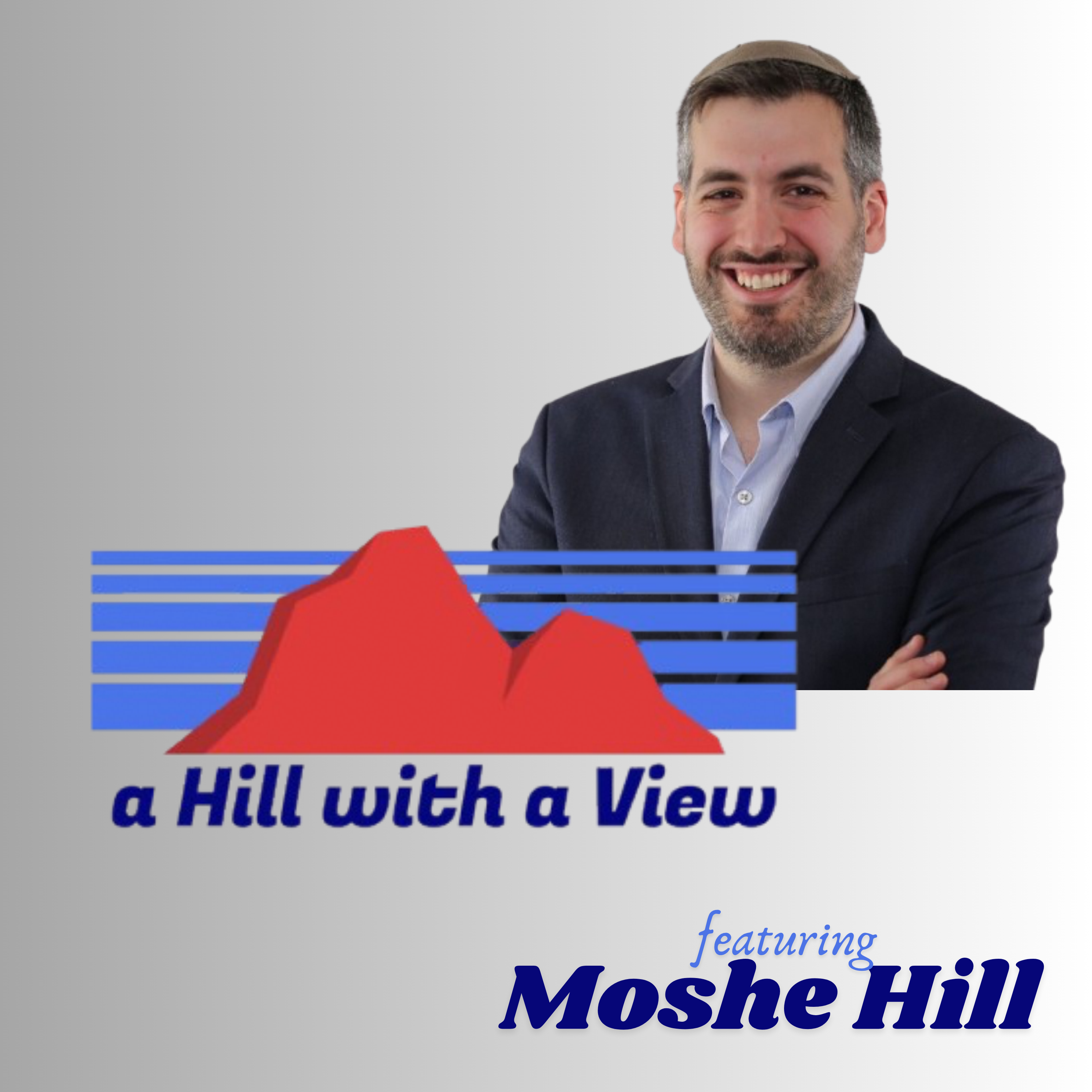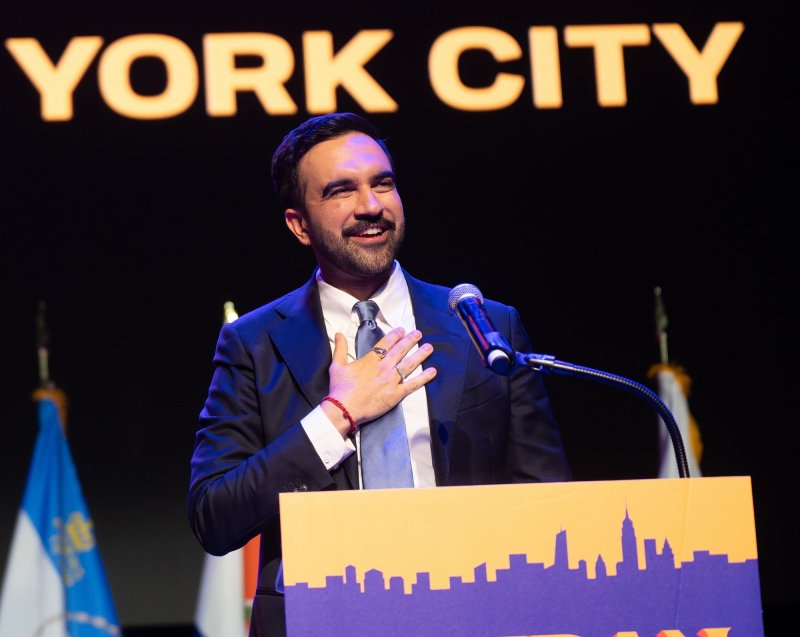Originally published January 23, 2020
https://www.jns.org/opinion/oic-is-looking-to-give-the-orthodox-community-a-voice/
The elections for the American delegation to the World Zionist Congress are underway, and unlike a normal election, voters have over a month to make their choice. One of the major delegations from the 2015 election was the Orthodox slate, under the name of Vote Torah. They have emerged in the 2020 election as the Orthodox Israel Coalition, or OIC.
OIC has a strong affiliation with many of the premiere Orthodox and Modern Orthodox Zionist groups around the world. Mizrachi, AMIT, the Orthodox Union (OU), the RCA, Yeshiva University, Touro and the National Council of Young Israel are all partnered with OIC. This goes back to 1902, when Mizrachi led the way in bringing the Orthodox community into a Jewish parliamentary system headed by a non-affiliated Jew, Theodor Herzl.
“Most religious Jews didn’t know how to stomach a secular Jew leading the charge for a Jewish state,” says Rabbi Doron Perez, the chief executive of the Mizrachi World Movement. The Mizrachi Movement was mobilized by a group of religious Jews who felt that it was imperative to partner with all Jews for this cause.
One of the ways that OIC is hoping to keep that Jewish tradition alive is through increasing the funding for the Masa subsidy program. Masa provides scholarship to people between the ages of 18 and 30 for a variety of reasons, including the gap-year study post-high school that many Orthodox American students partake in.
Subscribe to The JNS Daily Syndicate by email and never miss our top stories
Your email
“The engine of success of the religious Zionist world in America is that 3,000 kids a year come to [spend] the gap year in Israel,” says Doron. “This wasn’t the case 40 to 50 years ago.” The importance of the gap year cannot be overstated, as the students that return from Israel are thrust immediately to the front lines of America’s increasingly anti-Israel and anti-Semitic American college campuses.
However, even though the number of students has increased, the subsidized funding for Masa has decreased. Between 2011 and 2019, funding plummeted from $1,000 per recipient to $200. This is a direct result of the World Zionist Congress elections. OIC isn’t the only religious slate. The Conservative Mercaz and Reform ARZA slates together yielded over half of the American delegation in 2015. They have no interest in subsidizing scholarship programs for Orthodox students, so the funding has decreased.
“We lost funding because of low voter turnout,” says Rabbi Doron. “If people galvanize they will have a direct effect [on funding]. It’s the future engine of the Zionist movement.”
The reform and conservative movements in America have a great interest in this election. Since they, unlike the Orthodox and ultra-Orthodox, don’t have Knesset counterparts, this vote is their primary vehicle via which to effect change in Israel. This includes how conversions and marriages are conducted and how much prayer space there is at the Western Wall, all of which they want to reflect the Reform laws, not the Orthodox ones. They also have adopted the left’s political ideology regarding Judea and Samaria, and this is where a right-wing WZC can make the most impact.
The governing boards of major organizations in Israel are decided based on this election. This includes 100 percent of the World Zionist Organization (WZO) and Keren Kayemeth LeIsrael—Jewish National Fund (KKL-JNF). KKL-JNF owns 80 percent of the land north of Beersheva, and is responsible for cultivating it. The left, both religiously and politically, do not want land over the Green Line, in Judea and Samaria, to be cultivated or developed. The right, which recognizes the Jewish historical and religious connection to that land, does. The future of those funds and how those boards operate are dependent on this election.
Rabbi Doron is predicting high voter turnout.
“There is huge interest in this election this time around,” he says. “In 2015 there was a lot of apathy, around 56,000 of all Jews in America above 18 voted.”
He’s not wrong, as there were 9,000 ballots cast already on the first day of voting in this election, a 500 percent increase. Doron views the increased interest and turnout as a positive.
“What’s very unusual and unique is that there are very few places that Reform and Orthodox sit together and work together for the future of the Jewish people,” he says.
So while there may be differences among the groups, the fact that the Jewish people are increasing, not decreasing, their interest in the Land of Israel is beneficial.
Yet it is critical for the Orthodox community in America to mobilize, and to vote. With the rise of anti-Semitism in America, coming from all angles including white supremacists, extreme-left-wing members of Congress, college BDS movements and African-American teenagers, the need for a unified Jewish people and a strong Jewish state is as important as ever.
The World Zionist Congress holds the checkbook to a number of crucial causes for the future of Judaism, and the voting is underway. As Rabbi Doron says, “It’s the most important election you’ve never heard of.”
The opinions here reflect those of the author and the slate, and not of JNS.
Moshe Hill is a political analyst who has written for “The Daily Wire,” “The Queens Jewish Link” and “The Jewish Link of New Jersey.” Follow on Twitter @TheMoHill.


